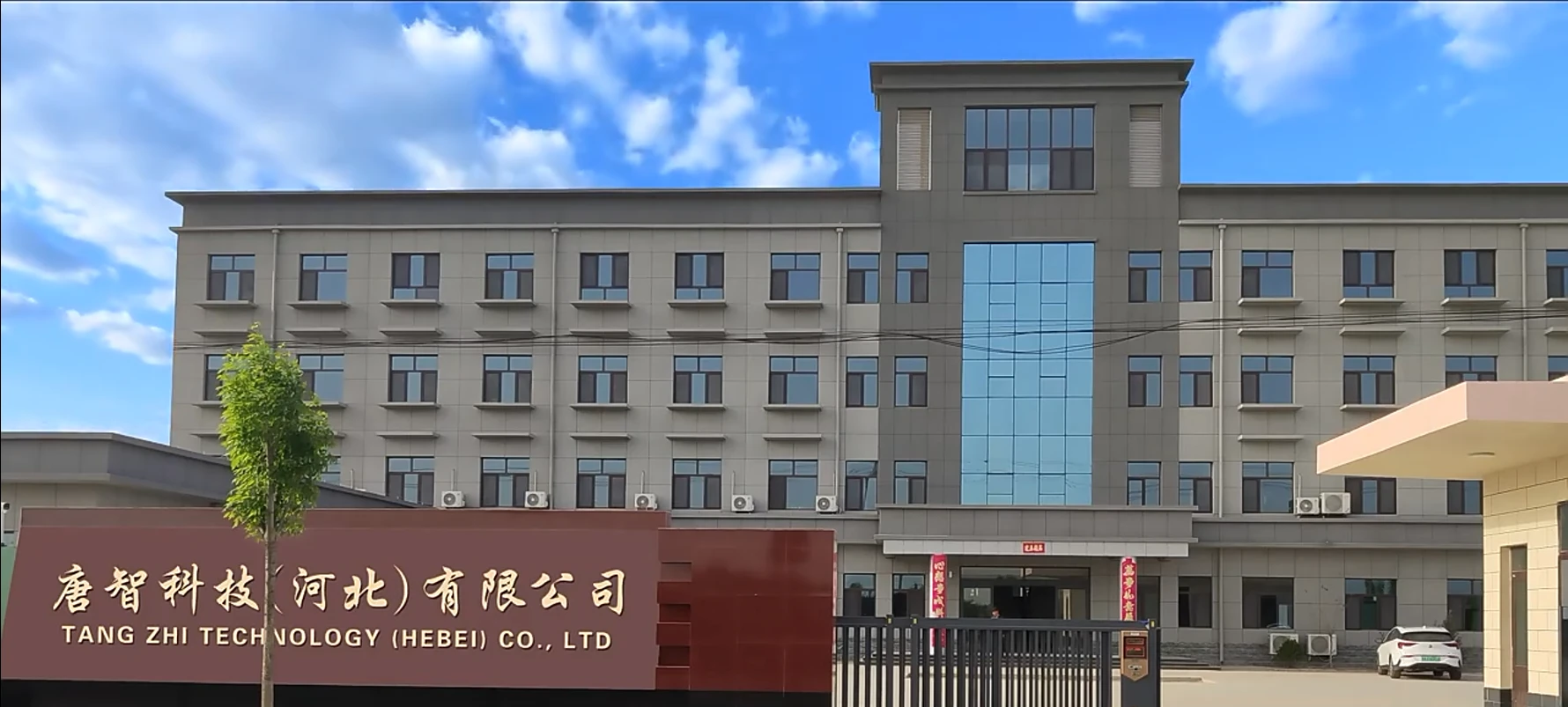
hpmc empty capsules
The Emerging Trend of HPMC Empty Capsules in the Pharmaceutical Industry
In recent years, the pharmaceutical industry has seen a significant shift towards formulations that prioritize bioavailability, patient compliance, and versatility. Among these innovations, Hydroxypropyl Methylcellulose (HPMC) empty capsules have emerged as a prominent choice for manufacturers and consumers alike. This article delves into the benefits, applications, and growing popularity of HPMC capsules in the pharmaceutical landscape.
Understanding HPMC and Its Benefits
HPMC is a semi-synthetic polymer that is widely used in various applications, including food, pharmaceuticals, and cosmetics. Its unique properties, such as its ability to form films, hydrophilicity, and compatibility with a variety of ingredients, make it an attractive option for capsule production. Unlike traditional gelatin capsules, which are derived from animal sources, HPMC capsules provide a vegetarian alternative, aligning with the growing consumer preference for plant-based products.
One of the primary benefits of HPMC capsules is their enhanced stability. Unlike gelatin, which can be sensitive to humidity and temperature fluctuations, HPMC capsules maintain their integrity, ensuring that the active ingredients remain protected. This stability is particularly crucial for moisture-sensitive formulations, as it reduces the risk of degradation over time.
Versatility in Formulation
The versatility of HPMC empty capsules extends beyond their stability. They can accommodate a wide range of formulations, including powders, pellets, and granules. This adaptability allows pharmaceutical companies to develop customized products that cater to specific patient needs. Additionally, HPMC capsules can be easily colored and printed, providing branding opportunities and aiding in patient identification.
Moreover, HPMC capsules can be formulated for a controlled release of active ingredients. This feature is especially beneficial for treatments that require precise dosing at specific intervals, enhancing therapeutic efficacy and improving patient adherence to treatment regimens.
hpmc empty capsules

Applications in the Pharmaceutical Industry
HPMC empty capsules are increasingly utilized in various therapeutic areas, including dietary supplements, nutraceuticals, and prescription medications. Their compatibility with both hydrophilic and lipophilic substances makes them suitable for diverse active pharmaceutical ingredients (APIs). As the demand for personalized medicine continues to rise, HPMC capsules provide a platform for developing tailored treatment regimens that meet individual patient needs.
In the realm of dietary supplements, HPMC capsules have gained traction due to their suitability for gluten-free and allergen-free formulations. Health-conscious consumers are seeking options that align with their dietary restrictions, and HPMC capsules fulfill this demand without compromising on quality.
Environmental Considerations
Another notable aspect of HPMC capsules is their commitment to sustainability. The production of HPMC capsules generally involves less environmental impact compared to gelatin capsules, as they can be derived from cellulose obtained from sustainably managed forests. Furthermore, HPMC capsules are non-GMO and free from allergens, making them an attractive choice for environmentally-conscious consumers and manufacturers.
Conclusion
In summary, the rise of HPMC empty capsules marks a shift towards more sustainable, versatile, and patient-friendly pharmaceutical formulations. Their enhanced stability, compatibility with various formulations, and alignment with consumer preferences for vegetarian and allergen-free options position them as a leading choice in the industry. As the demand for innovative and personalized medications continues to grow, HPMC capsules are set to play a pivotal role in shaping the future of pharmaceutical delivery systems. Manufacturers who embrace this trend will not only meet the evolving needs of patients but also contribute to a more sustainable and responsible industry.
-
MHEC Cellulose Premium Additive | Enhanced Industrial UsesNewsAug.01,2025
-
Antifoam & Defoamer Solutions | Fast Foam ControlNewsAug.01,2025
-
Hydroxyethyl Cellulose for Paint - Superior Thickening SolutionsNewsJul.31,2025
-
Low Substitution - Hydroxypropyl Cellulose for Enhanced DissolutionNewsJul.30,2025
-
High Performance Gypsum Retarder Chemical for Plaster IndustryNewsJul.30,2025
-
High-Quality VAE Powder for Construction & Adhesives SolutionsNewsJul.29,2025





















